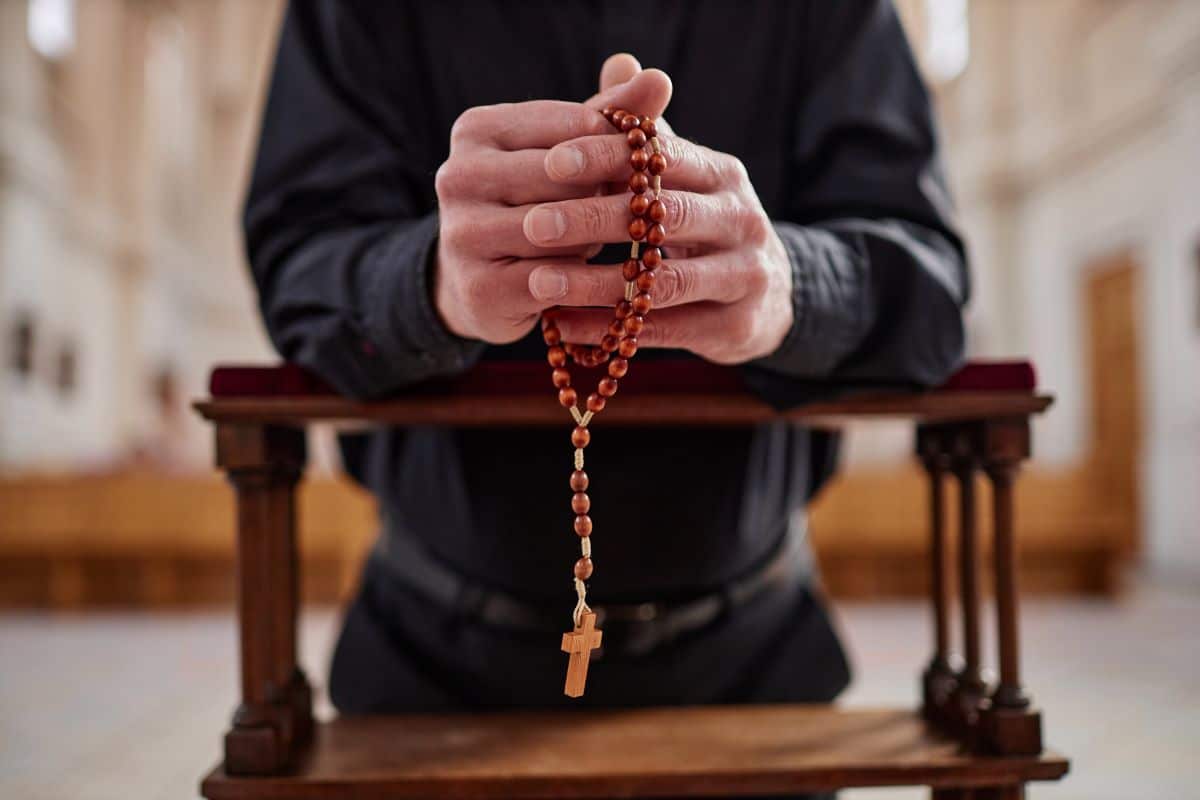You’ve heard it countless times: religious freedom is a cornerstone of American identity, a right enshrined in the First Amendment, and celebrated as a beacon of liberty. But like all freedoms, it comes with its own set of challenges. In a nation as diverse as ours, is this freedom uniting us, or is it quietly driving us apart?
Freedom to Believe—Or Not

In America, you have the freedom to believe in any religion you choose—or none at all. This is what makes the U.S. such a unique place, where a rich tapestry of beliefs and practices thrives. But with such diversity comes a tricky balancing act. What happens when these freedoms clash with one another?
The Founding Fathers’ Vision

The Founding Fathers imagined a nation where religion could flourish without government interference, where no single faith would be imposed on the people. But did they foresee the complexities that this would bring in a country as diverse as ours? Is the vision they laid out still guiding us, or are we veering off course?
Religious Freedom vs. Secularism

As America becomes more secular, the tension between religious freedom and secular values grows. In some instances, the push for religious expression in public spaces bumps up against the drive for a more secular society. How do we navigate this without tipping the scales too far in either direction?
The Rise of Religious Exemptions

Religious freedom isn’t just about the right to worship; it’s also about the right to live according to one’s beliefs. But when religious exemptions are claimed in healthcare, education, or employment, it raises a thorny question: are these exemptions protecting personal freedoms or creating loopholes that undermine equality?
The Clash with LGBTQ+ Rights

Few areas illustrate the tension between religious freedom and civil rights as clearly as the ongoing clash with LGBTQ+ rights. Some argue that religious beliefs should allow exemptions from anti-discrimination laws, while others see this as a dangerous path that could erode hard-won civil rights. Can we find a way to respect both sides?
Religion in the Public Sphere

From school prayers to the Ten Commandments monuments, the role of religion in public spaces is a hotly debated topic. While some see these as rightful acknowledgments of America’s religious heritage, others view them as violations of the separation of church and state. Where should we draw the line?
Religious Freedom as a Political Tool

Religious freedom has become more than a principle—it’s a powerful political tool. Politicians often wield it to rally their base and push through agendas. But when religion is used to divide rather than unite, it can deepen societal rifts and make mutual respect even harder to achieve.
The Impact on Women’s Rights

Religious beliefs heavily influence debates over reproductive rights and healthcare access. When religious freedom is invoked to limit women’s choices, it begs the question: should one person’s beliefs have the power to dictate another’s freedoms? How do we balance religious liberty with women’s rights to make decisions about their own bodies?
Immigration and Religious Freedom

America is a nation of immigrants, many of whom came seeking religious freedom. But as new faiths take root, tensions can arise between established religious communities and newcomers. How do we ensure that religious freedom extends to all without fostering division?
Religious Freedom and National Security

Since 9/11, balancing religious freedom with national security has become a complicated issue. Muslim Americans, in particular, have faced increased scrutiny, leading to debates over whether religious profiling can ever be justified. Can we protect national security without compromising the freedoms that define us?
The Role of the Courts

The courts play a crucial role in interpreting religious freedom, often making decisions with far-reaching implications. From school prayer to religious exemptions, the judiciary’s influence on religious freedom is both powerful and contentious. Are these rulings helping or hindering America’s promise of liberty for all?
Education: A Battleground for Beliefs

Schools are often where the battle over religious freedom plays out most intensely. Whether it’s the debate over teaching evolution versus creationism or the inclusion of religious holidays in school calendars, education is a key battleground. How do we create a curriculum that respects diverse beliefs while maintaining educational integrity?
The Global Perspective

Religious freedom is a universal human right, but its practice varies widely around the world. Comparing America’s approach to other countries offers insights into both our strengths and our blind spots. Are we truly a model of religious freedom, or do we have lessons to learn from others?
The Future of Religious Freedom in America

As America continues to evolve, so does the concept of religious freedom. The challenges we face today are different from those of the past, but the core question remains: how do we protect the right to believe while ensuring that this freedom doesn’t infringe on the rights of others?
Can We Find Common Ground?

In a nation as diverse as America, finding common ground on religious freedom is no easy task. But if we are to live up to our ideals of liberty and justice for all, it’s a challenge we must face head-on. Can we create a society where religious freedom is both a cherished right and a force for unity, rather than division?
Featured Image Credit: Shutterstock / SeventyFour.
The images used are for illustrative purposes only and may not represent the actual people or places mentioned in the article.





